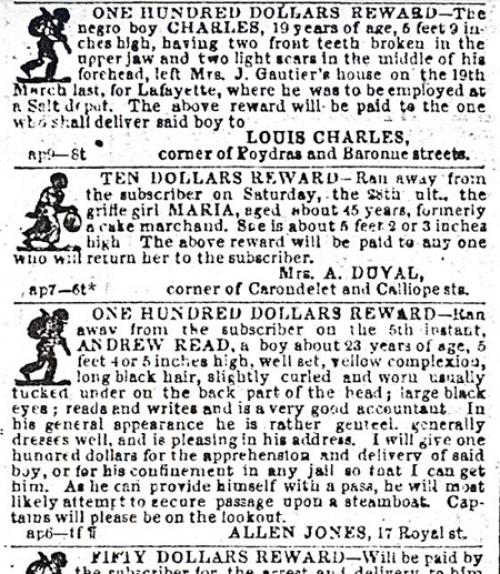In a cemetery just south of Cornell University’s campus, you can find the grave of “Faithful” Daniel Jackson, a man who settled in Ithaca after escaping slavery in the 1840s. After the Civil War, he brought his mother north as well—a happy ending to a heroic, harrowing journey. But according to Edward E. Baptist, professor of history, Jackson and other runaways don’t receive the full credit they deserve.
“By the 1830s and ‘40s, a big proportion of the free black population in the North were runaways or the children or spouses of runaways,” Baptist says. “These communities not only provided havens for individuals and families but—what we’ve learned is—these were the bases from which slavery is fought. This is the work that pushes the question of slavery onto the national stage.”
After writing a book on slavery, Baptist is creating a searchable database that will digitize runaway ads.
Continue reading this article on the Cornell Research website.




